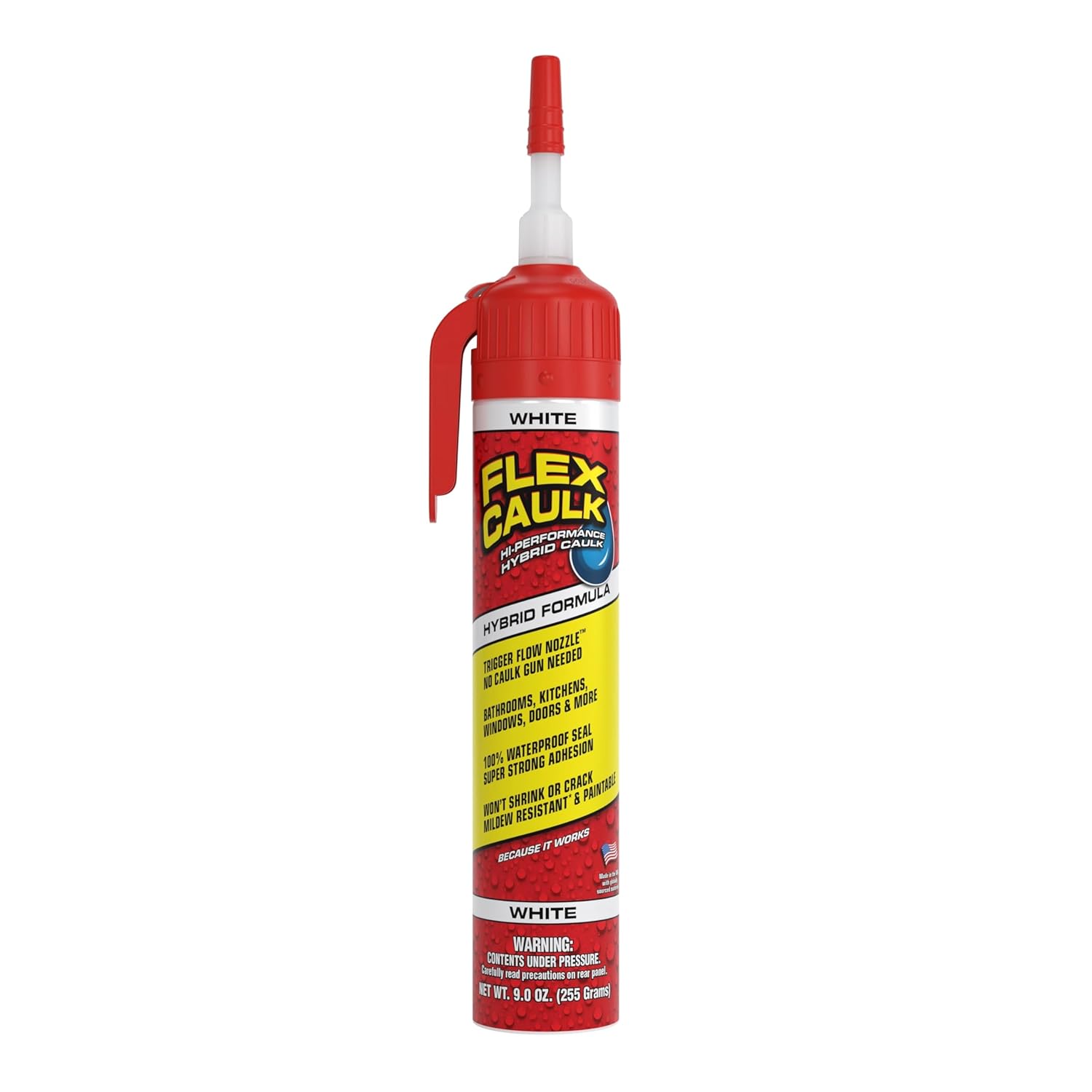








Price: $19.87
(as of Apr 12, 2025 01:25:51 UTC - Details)
What is the Best Sealant for Basement Walls? A Comprehensive Review
Introduction
When it comes to maintaining a dry and healthy basement, choosing the right sealant for basement walls is crucial. A damp basement can lead to mold growth, structural damage, and a myriad of other problems. With so many options on the market, you might be wondering: what is the best sealant for basement walls? In this article, we will explore various types of sealants, their benefits, and which products stand out. By the end, you'll have a clear understanding of how to make your basement safe and dry.
Understanding Basement Moisture
Why Does Moisture Accumulate in Basements?
Before diving into sealants, it's essential to understand why moisture is a problem in basements. Factors like poor drainage, humidity, and groundwater can lead to water seeping through walls. Understanding these causes can help you choose the right sealant for your specific situation.
The Importance of Addressing Moisture
Ignoring moisture can lead to serious issues, such as mold growth, which can impact your health, and structural damage that can be costly to repair. Therefore, addressing moisture problems in your basement should be a priority.
Types of Sealants for Basement Walls
1. Waterproofing Paints
Waterproofing paints are a popular choice for homeowners looking to seal their basement walls. These paints create a barrier that prevents water from penetrating the surface.
Benefits of Waterproofing Paints
- Easy Application: Most waterproofing paints can be applied with a brush or roller.
- Cost-Effective: They are often more affordable compared to other sealant types.
- Variety of Finishes: Available in different colors and finishes, allowing for aesthetic flexibility.
2. Liquid Rubber Sealants
Liquid rubber sealants are another effective option for sealing basement walls. They create a flexible, waterproof membrane that can withstand pressure.
Advantages of Liquid Rubber Sealants
- Flexibility: The rubber component allows for movement without cracking.
- Long-Lasting: Durable and resistant to UV rays and extreme temperatures.
- Eco-Friendly: Many liquid rubber products are environmentally safe.
3. Silicone Sealants
Silicone sealants are known for their exceptional adhesion and flexibility. They are ideal for sealing joints and cracks in basement walls.
Pros of Using Silicone Sealants
- Mold Resistant: They help prevent mold growth due to their water-resistant properties.
- Versatile: Can be used on various surfaces, including concrete, wood, and metal.
- Quick Drying: Many silicone sealants dry quickly, allowing for fast repairs.
Choosing the Right Sealant
4. Factors to Consider
When selecting a sealant, consider factors such as the type of moisture issue, the wall material, and your budget. Each type of sealant works better in certain conditions.
Specific Situations
- High Water Table: If your area has a high water table, liquid rubber might be your best option.
- Cracks and Joints: For sealing cracks, silicone sealants offer the best flexibility and adhesion.
5. Application Tips
Proper application is key to the effectiveness of your chosen sealant. Here are some tips to ensure a successful application:
- Surface Preparation: Clean the surface thoroughly to remove dirt and old paint.
- Temperature and Humidity: Apply sealants in optimal weather conditions for the best results.
- Follow Instructions: Always follow the manufacturer’s instructions for application and drying times.
Product Recommendations
6. Top Sealants for Basement Walls
To help you make an informed decision, here are some of the best sealants for basement walls currently available:
1. Blockade® Waterproofing Paint
Blockade is a trusted name in waterproofing. This paint is easy to apply and offers excellent protection against moisture.
2. Liquid Rubber Foundation Sealant
Known for its durability, Liquid Rubber is perfect for both interior and exterior applications, providing a long-lasting seal.
3. GE Silicone II Concrete and Masonry Sealant
This silicone sealant is designed specifically for concrete surfaces, making it ideal for basement walls with cracks.
Maintenance and Monitoring
7. Regular Checks
Once you've sealed your basement, it’s important to monitor its condition. Check for any signs of moisture or mold regularly.
What to Look For
- Damp Spots: Look for damp areas on walls or floors.
- Mold Growth: Keep an eye out for any discoloration or growth.
- Cracks: Check for new cracks that may have developed over time.
8. Reapplication
Depending on the type of sealant used, you may need to reapply every few years. Regular maintenance will help keep your basement dry and safe.
Conclusion
Choosing the best sealant for basement walls can make a significant difference in protecting your home from moisture damage. Whether you opt for waterproofing paints, liquid rubber, or silicone sealants, each option has its unique benefits. By understanding the causes of moisture and how to effectively seal your basement, you can ensure a safe and healthy environment for your family. Remember to regularly monitor your basement and reapply sealants as needed to maintain optimal protection. With the right sealant and proper maintenance, your basement can remain dry and free from mold for years to come.
So easy to use.
No caulk gun needed.
Adjustable Trigger Flow Nozzle.
Advanced hybrid polymer formulation.
Snap & Save cap eliminates waste.
Seals out water, air, and moisture.
Adheres to virtually any surface, wet or dry.
Won’t shrink, crack, or become brittle.
UV and chemical resistant.
Fully paintable.
